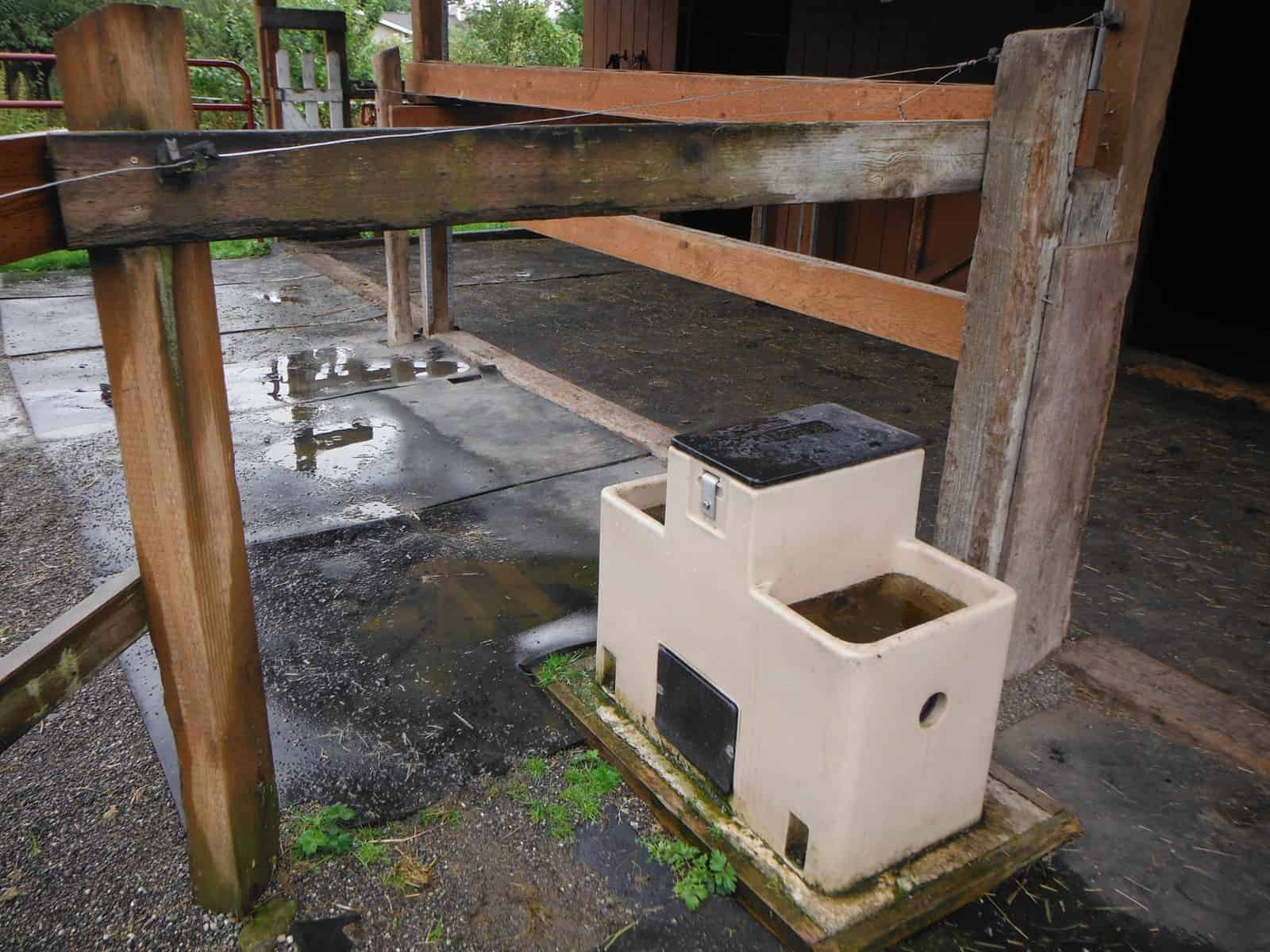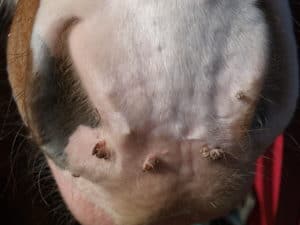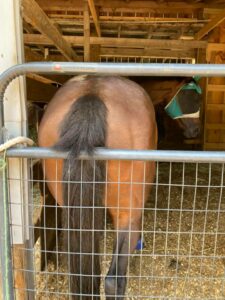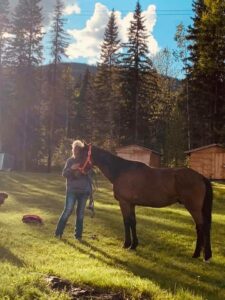Horse Feeder and Waterer Options for Every Barn
Equine product companies and do-it-yourself horse owners have come up with many innovative solutions to keep horses fed and watered. Here’s a sampling:
- Topics: Slideshow
Share
ADVERTISEMENT

Horse Feeder Design
The best feeders allow a horse to hold its head in a grazing position. Nature designed horses to eat with their heads lowered, and doing so can reduce dust's negative impact on a horse’s sensitive respiratory system. | Photo: Alayne Blickle
Feeders that Reduce Hay Waste
Your next consideration is whether the hay will stay in the feeder. Hay pulled out by the horse is often wasted or contaminated with dirt, urine, or manure, becoming a health risk for horses. | Photo: Alayne Blickle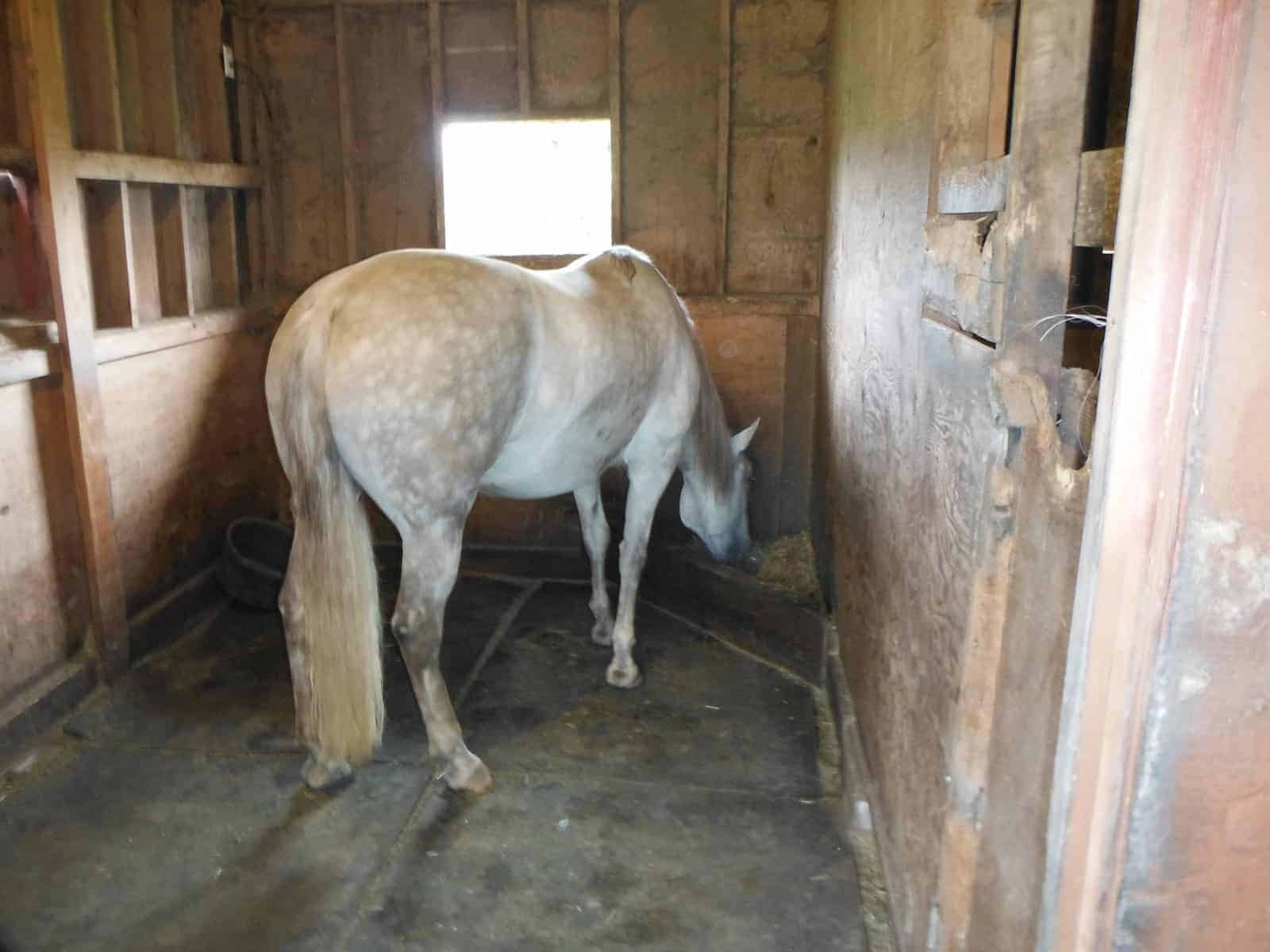
Corner Feeders
One option is to build a feeder, like this corner one made of wood. | Photo: Alayne Blickle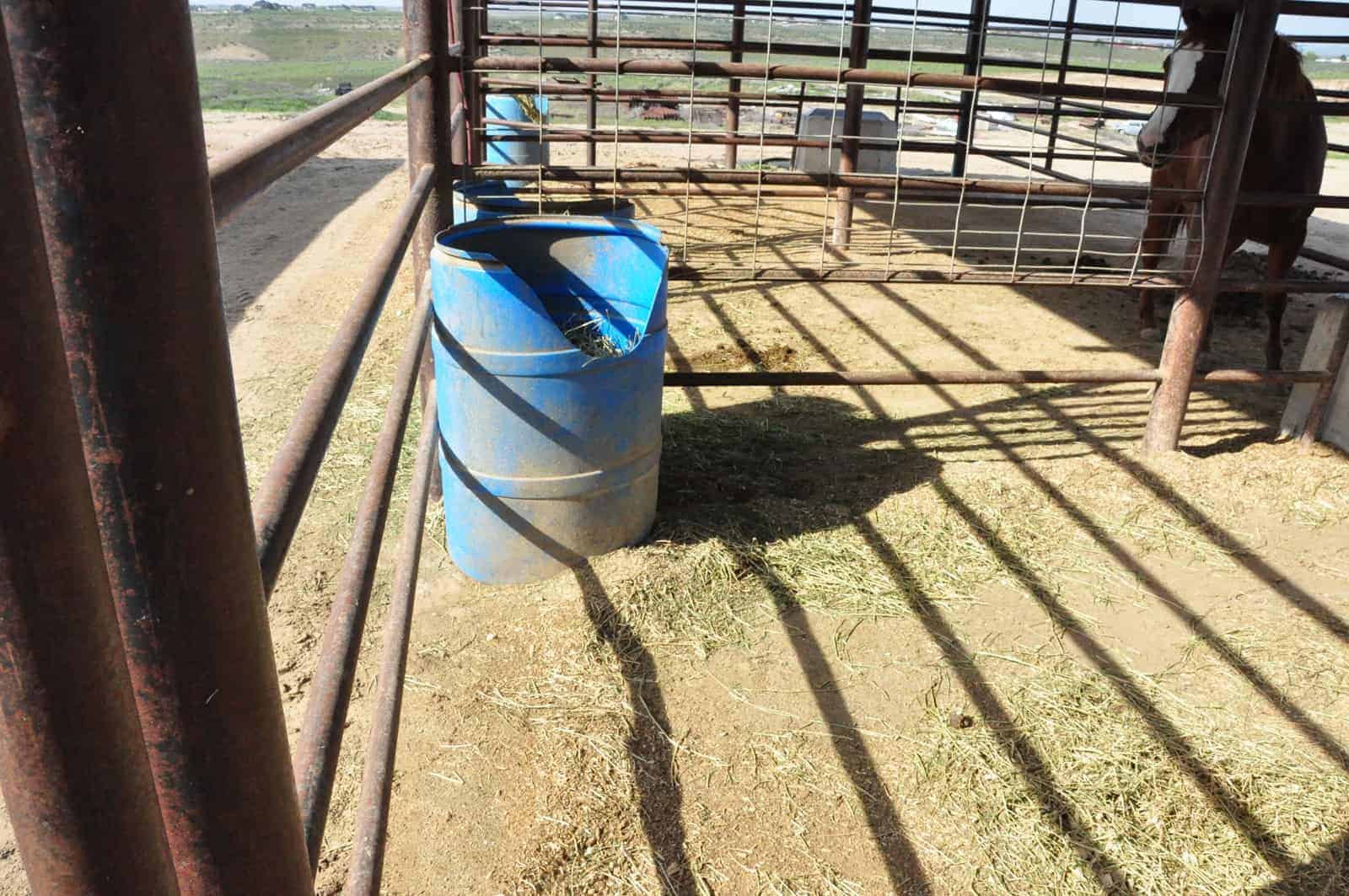
Recycled Feeders
You can also make feeders by reusing plastic barrels. Just make sure to file down any sharp edges created by cutting the plastic. | Photo: Alayne Blickle
Home-made Barrel Feeders
U-bolts secure this home-made barrel feeder to sturdy panel fencing. | Photo: Alayne Blickle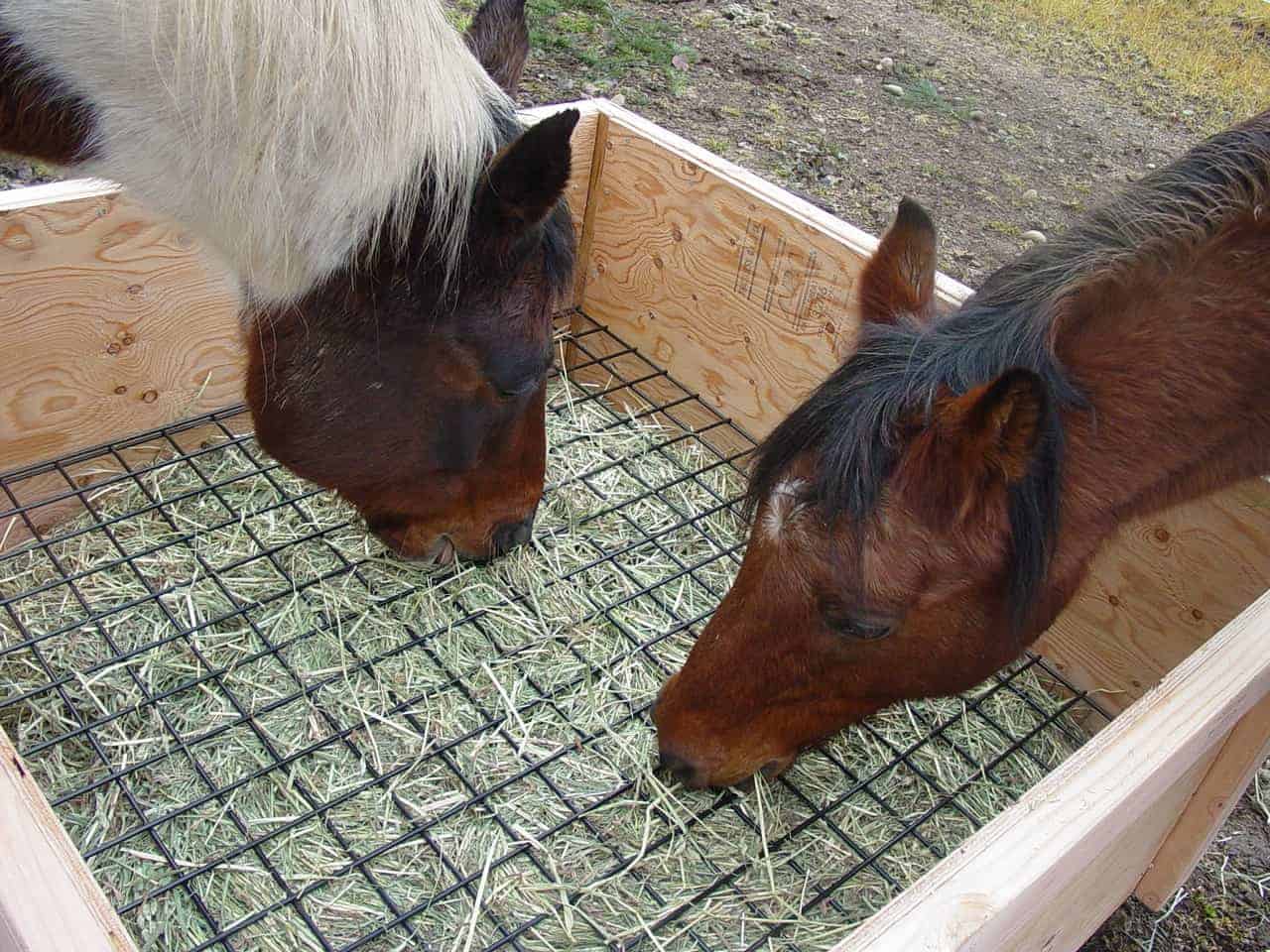
Slow Feeders
Slow-feeders are a popular idea, allowing for restricted yet prolonged "grazing" of hay. Research shows slow feeding can help reduce the occurrence of gastric ulcers. | Photo: Alayne Blickle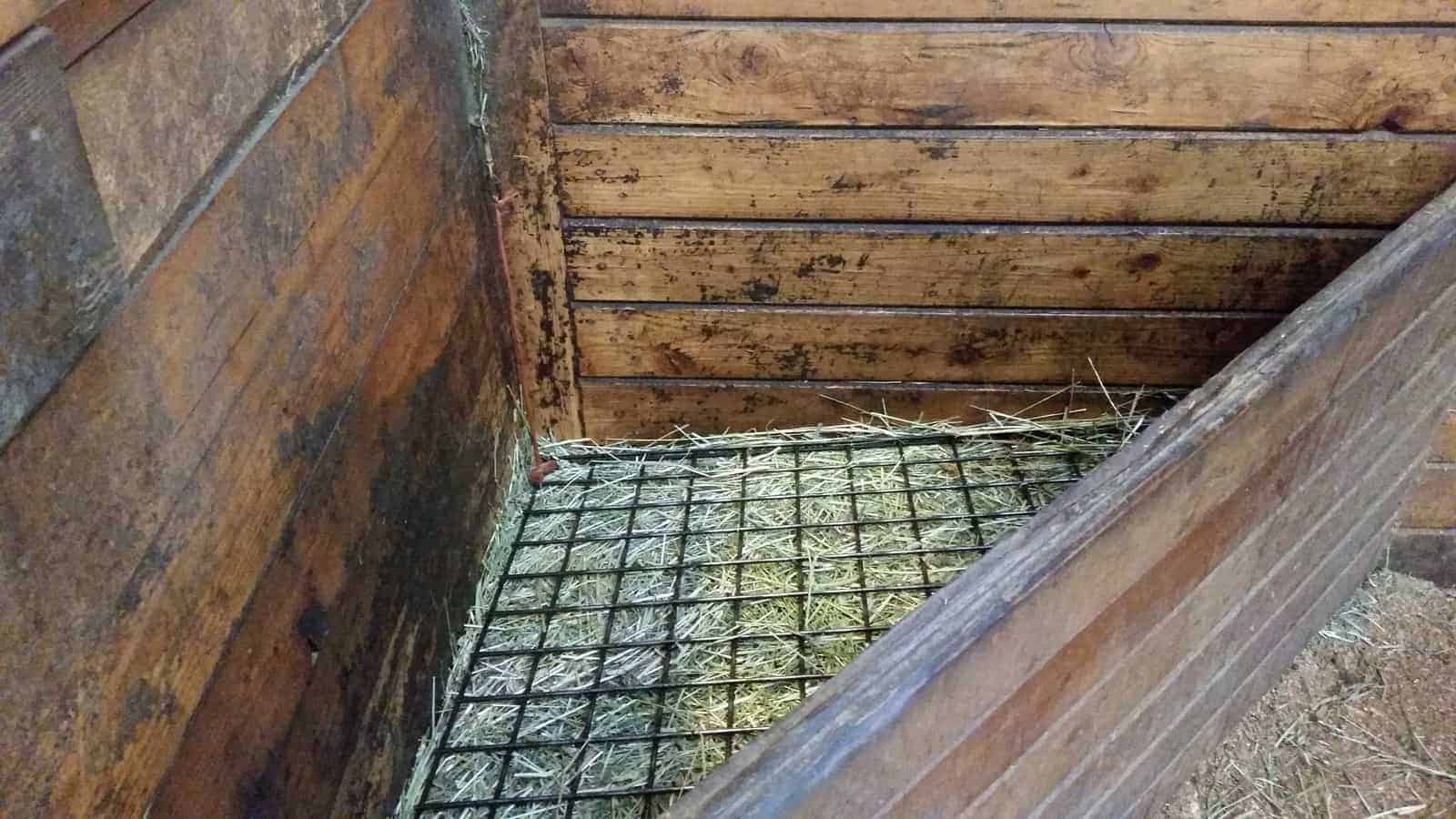
Corner Slow Feeder
You can purchase prefabricated slow feeders or make one yourself. | Photo: Alayne Blickle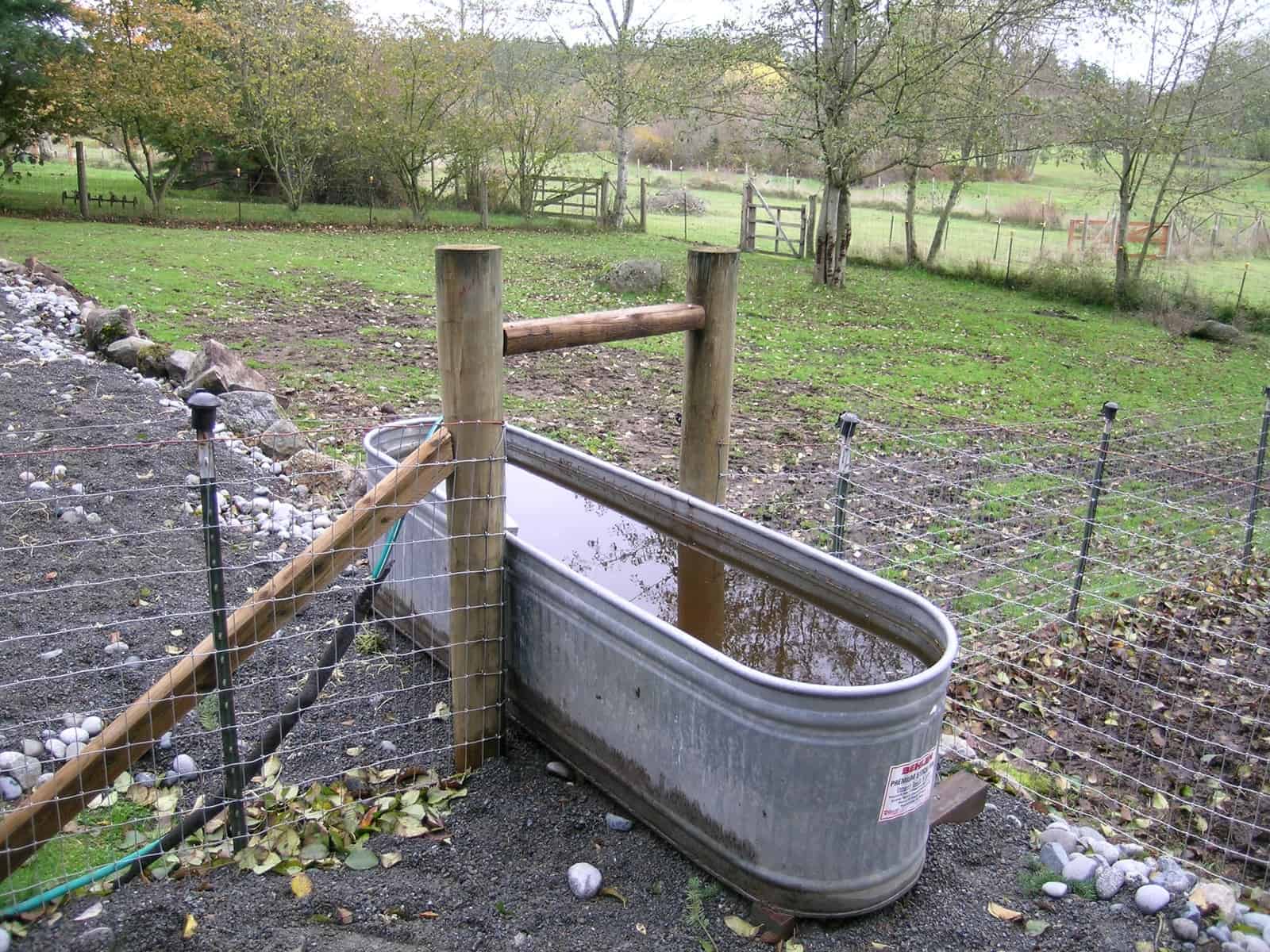
Horse Waterers
You can set up horse waterers in a variety of ways. Consider chore efficiency and horse health when making choice. Easy-to-clean waters will help avoid a dirt, algae, and mosquito larvae build up. | Photo: Alayne Blickle
Shared Waterers
A water trough that services two areas or paddocks can reduce cost by conserving water and limiting the number of units you need to purchase. They also reduce chore load. That's just one trough to clean and fill instead of two! | Photo: Alayne Blickle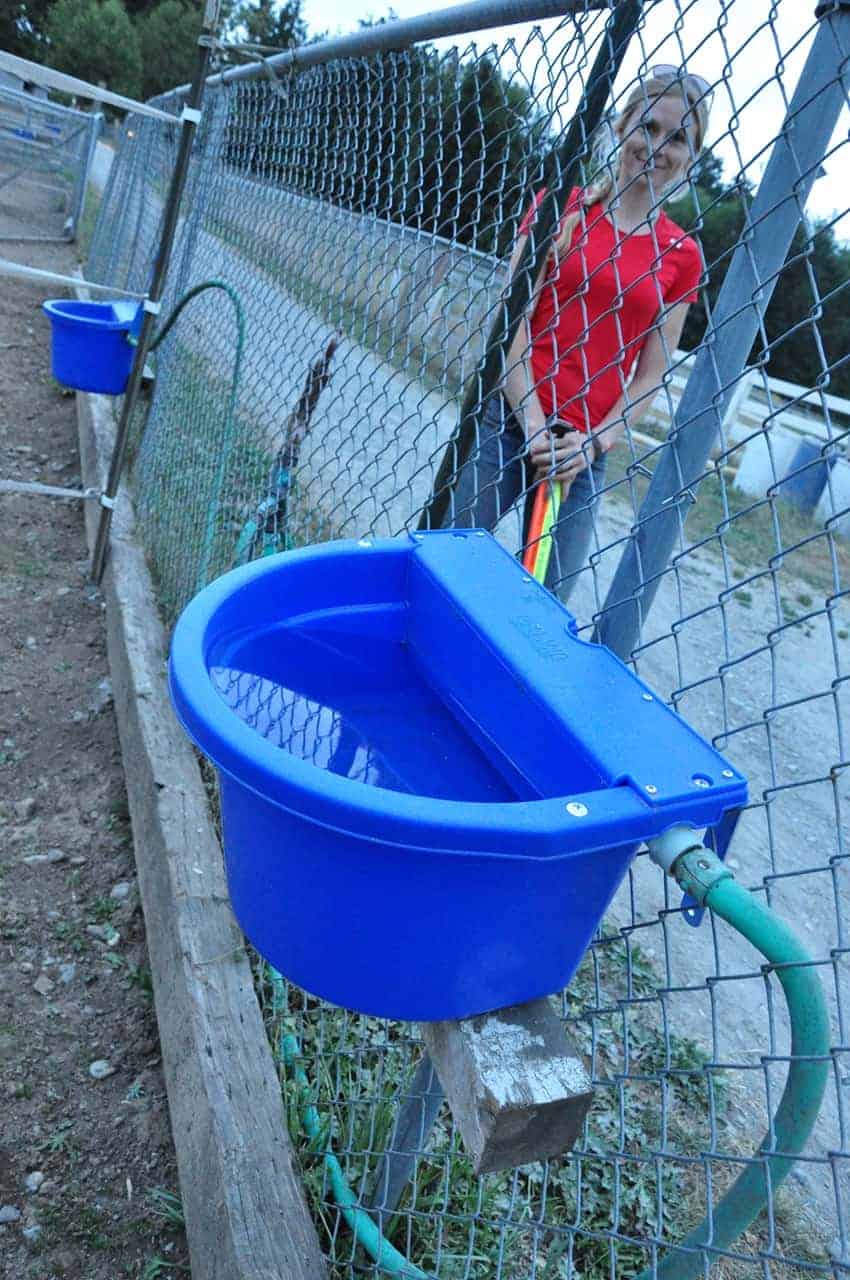
Frost-Free Water Lines
A frost-free water line running to each trough makes for easy filling, even during the cold winter months. | Photo: Alayne Blickle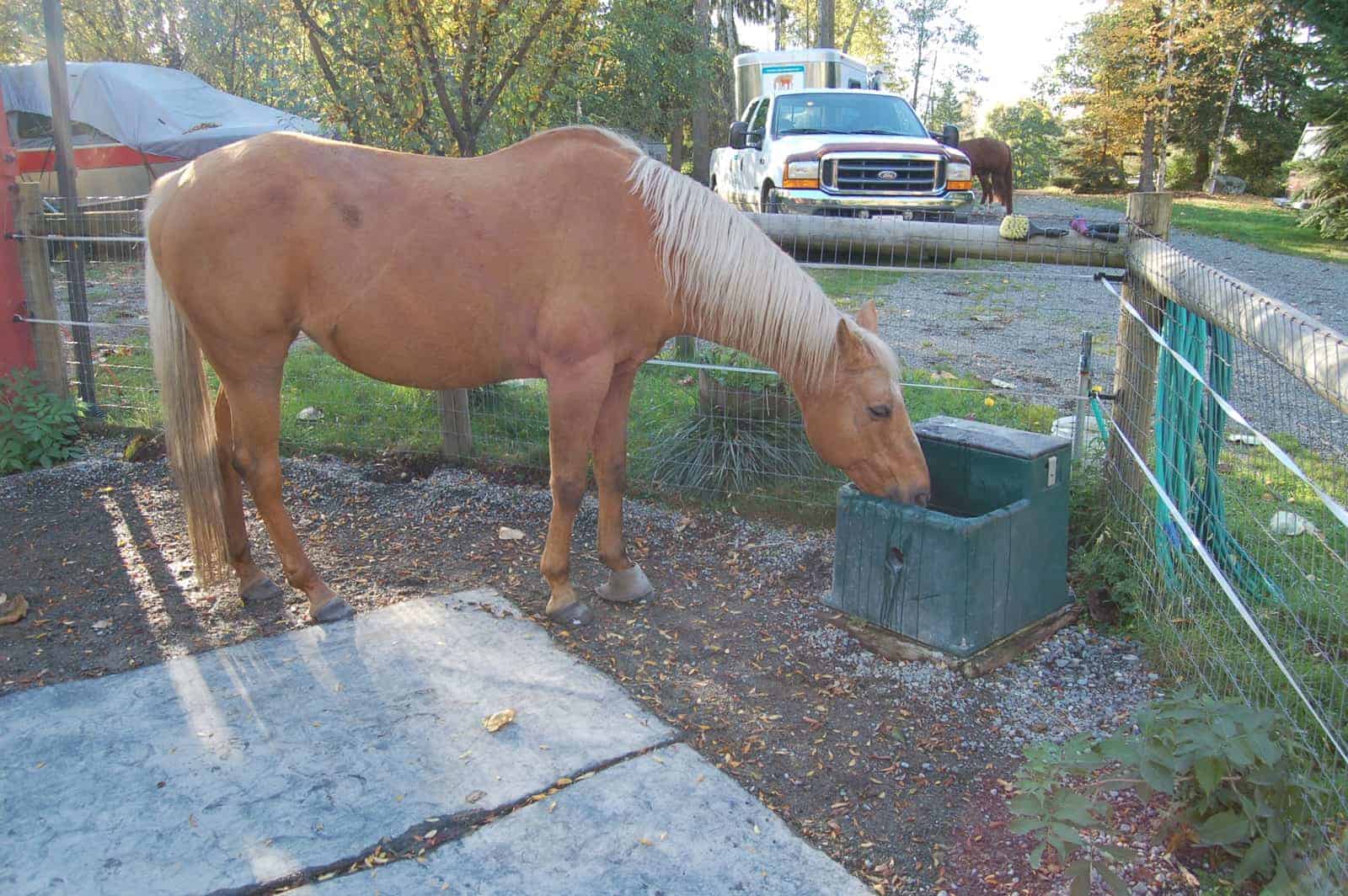
Automatic Water Fountains
Automatic water fountains provide fresh, clean, mosquito-free water. Many include meters so you can monitor your horse's water intake. | Photo: Alayne Blickle
Share

The Horse: Your Guide To Equine Health Care is an equine publication providing the latest news and information on the health, care, welfare, and management of all equids.
Related Articles
Stay on top of the most recent Horse Health news with

